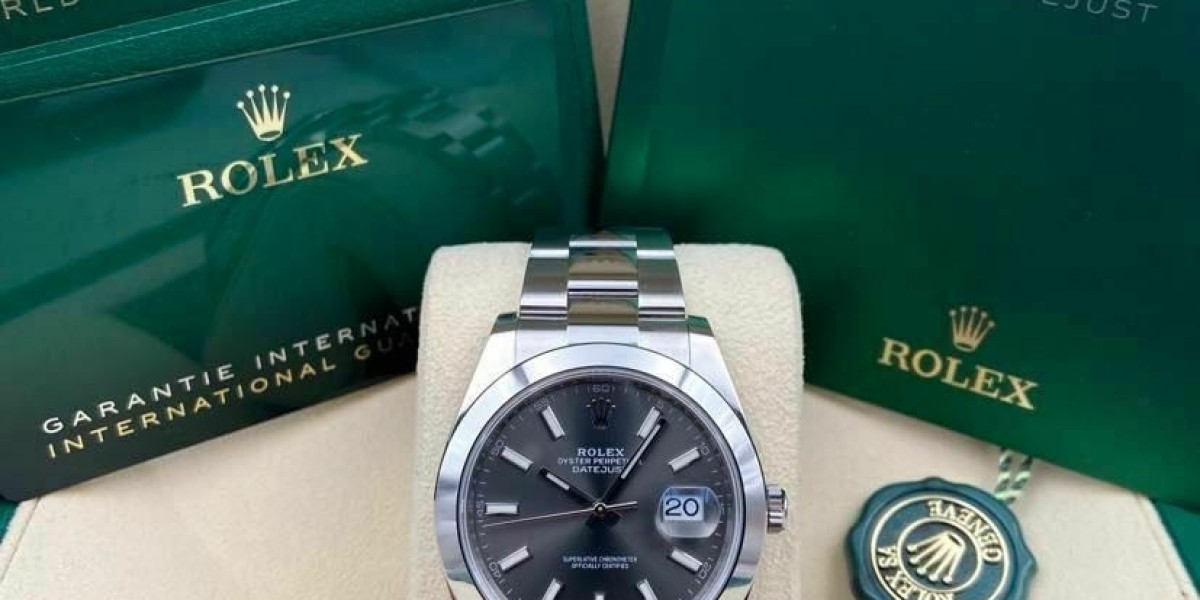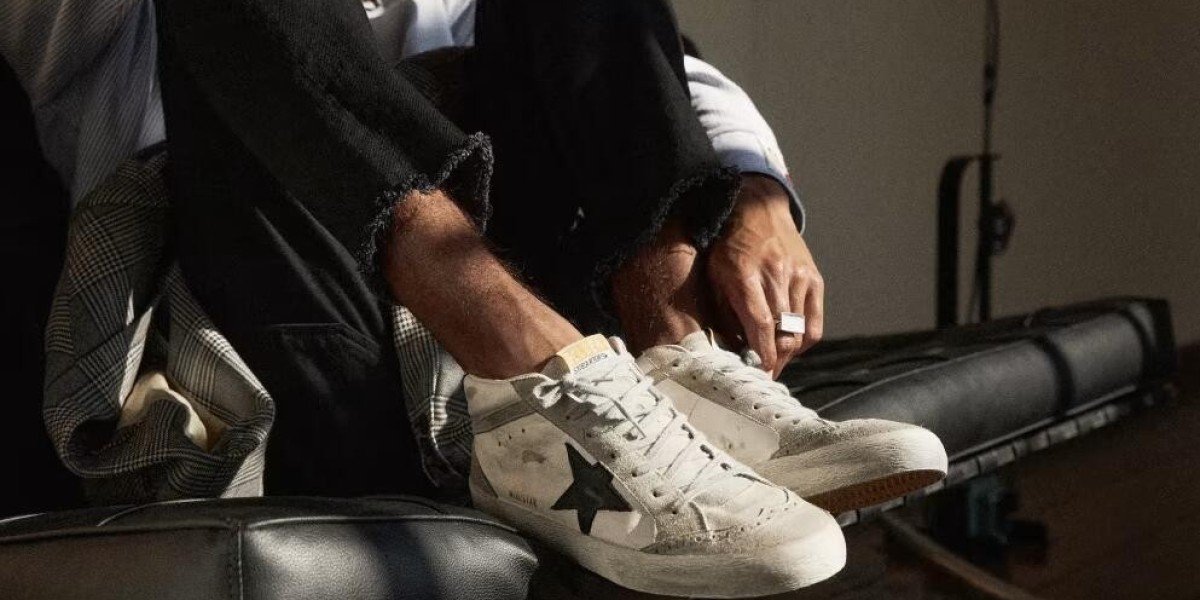Counterfeiting and the sale of replica goods have long been a concern for luxurious manufacturers, with Rolex among the most counterfeited brands on the planet. Lately, a man was arrested for selling replica Rolex watches in a high end watch replicas-profile case that has raised questions in regards to the authorized implications of selling counterfeit items. In this text, we are going to explore the legal guidelines surrounding the sale of counterfeit goods, the potential penalties of engaging in such activities, and the broader impression of counterfeiting on the economic system.
The sale of counterfeit items is a critical offense that may carry extreme legal penalties. In the case of the man arrested for promoting replica Rolex watches, he was charged with trademark infringement, a violation of intellectual property laws that protect the rights of brand house owners. Trademark infringement occurs when somebody makes use of a trademark with out authorization, in this case, by selling watches that bear the Rolex logo with out permission from the corporate. This sort of infringement may end up in civil lawsuits, financial damages, and even criminal prices.
In addition to trademark infringement, the sale of counterfeit items can even violate laws associated to fraud and misleading commerce practices. Shoppers who buy replica Rolex watches may imagine they are buying authentic luxury timepieces, solely to discover later that they have been deceived. This may end up in authorized motion against the seller for fraud, as well as claims for damages by shoppers who've been misled. The sale of counterfeit items may hurt the reputation of the model, leading to misplaced income and injury to the company's goodwill.
Counterfeiting shouldn't be only a legal challenge but additionally a major financial problem. The worldwide commerce in counterfeit items is estimated to be value billions of dollars annually, with luxurious manufacturers like Rolex among probably the most targeted by counterfeiters. The sale of replica Rolex watches not only impacts the company's bottom line but also undermines client confidence within the authenticity of their products. This could have long-time period consequences for the model, as customers may be less keen to purchase real Rolex watches if they are cautious of counterfeit variations being offered available in the market.
In recent years, governments world wide have taken steps to combat counterfeiting and protect the rights of brand owners. In the United States, for example, the Department of Homeland Security's Mental Property Rights (IPR) Enforcement Heart works to enforce intellectual property legal guidelines and crack down on the sale of counterfeit items. This consists of conducting raids on counterfeiters, seizing counterfeit merchandise, and prosecuting people and organizations engaged in illegal actions.
Regardless of these efforts, the sale of counterfeit items continues to be a pervasive downside, fueled by the demand for luxury products at lower prices. Online marketplaces and social media platforms have made it simpler than ever for counterfeiters to reach a wide audience and sell their fake items to unsuspecting consumers. This has posed a challenge for law enforcement companies and brand owners alike, who should stay vigilant in protecting their intellectual property rights and combating counterfeiting.
In conclusion, the arrest of the man for promoting replica Rolex watches highlights the legal dangers and financial penalties of participating in the sale of counterfeit items. Trademark infringement, fraud, and deceptive commerce practices are simply a number of the legal points that may come up from promoting fake luxury merchandise. Moreover, the broader influence of counterfeiting on the financial system and shopper confidence cannot be missed. As authorities continue to crackdown on counterfeiters and implement intellectual property legal guidelines, it is important for corporations and customers alike to be informed concerning the risks of purchasing counterfeit goods and to assist official companies that respect mental property rights.







